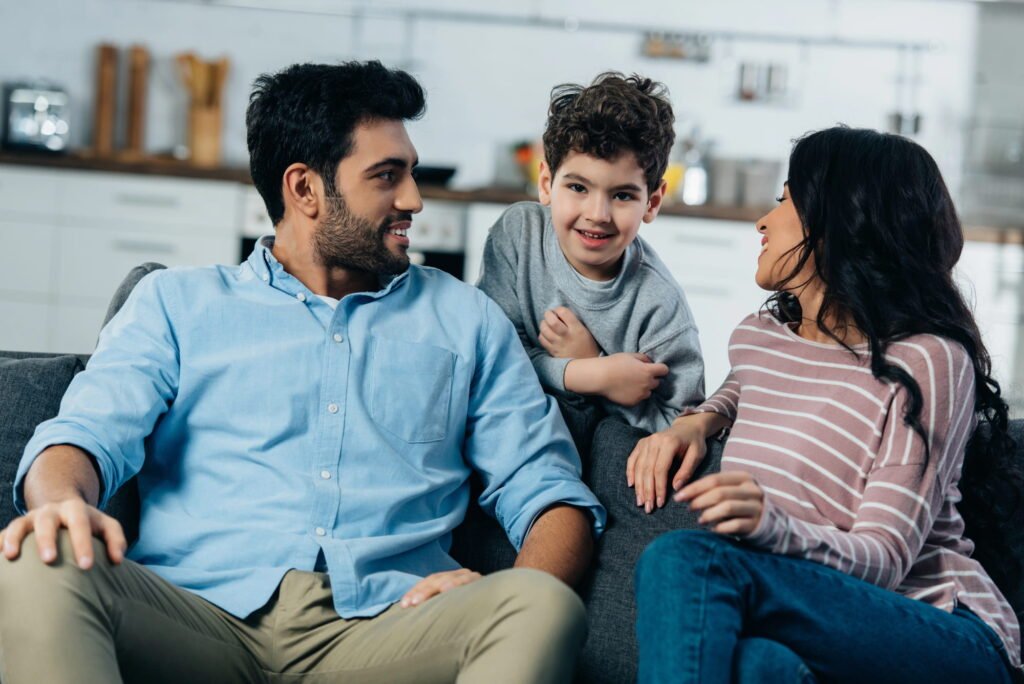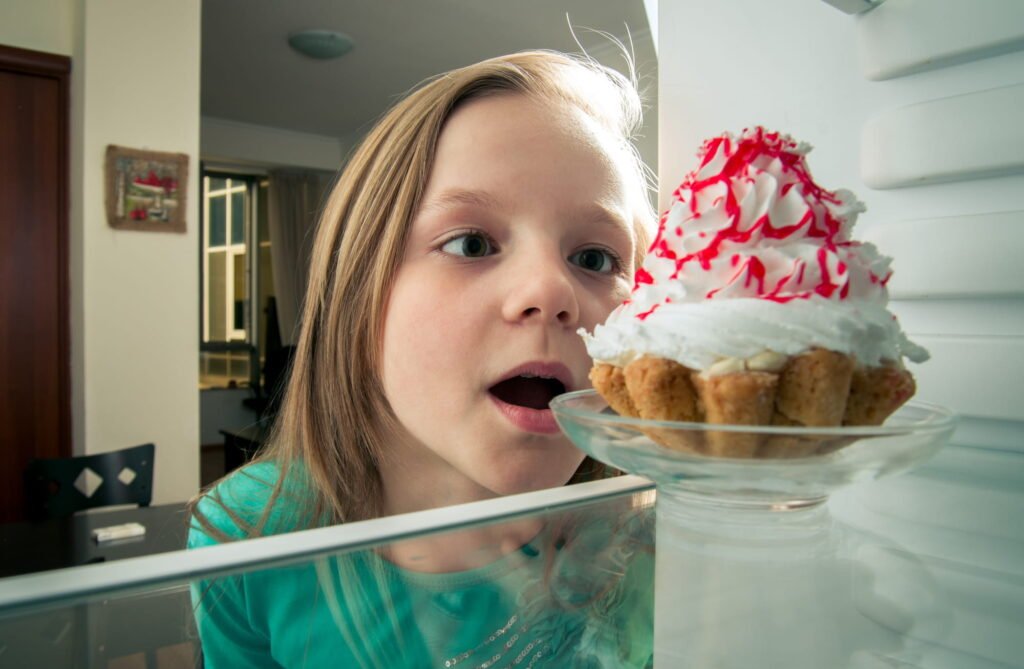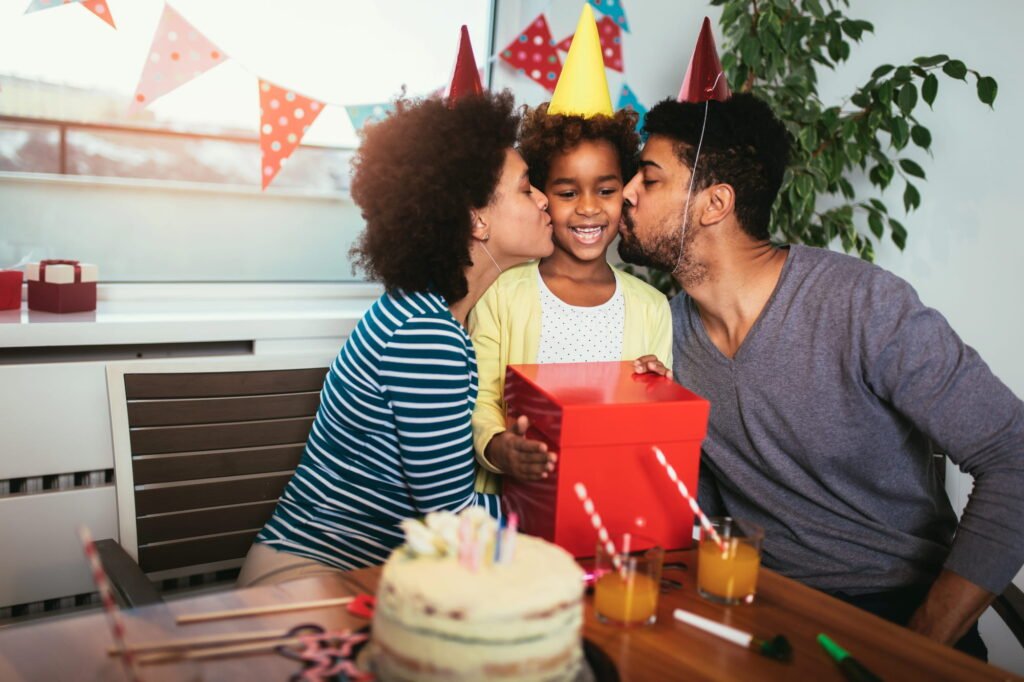- Home
- Manners Game
Manners Mashup
Acting out bad (and good) manners in a silly, role-play game. Help your child learn what good manners look, sound, and feel like.
How to Play
Choose the version that fits your child’s age, mood, or energy:
They Act, You Narrate
You describe the scenario, and your child acts out both versions. Let them go big with the “bad manners” for laughs!
You Act, They Judge
You perform both the silly and kind versions. Your child decides which one shows better manners — and why!
Switch Roles
Take turns playing the “bad manners” character and the “manners hero.” Bonus: Let your child teach you how to do it right.
Instructions
- Pick a Scenario from the list below.
- Act Out the “Bad Manners” Version first. Don’t be afraid to be silly, exaggerated, and a little over-the-top.
- Act Out the “Good Manners” Version. Focus on being kind, respectful, and friendly.
- Talk Together using the built-in reflection questions.
- Repeat with more scenarios!
6 Fun Manners to Act Out
Each situation below includes a playful “bad” example, a respectful “good” example, and reflection questions to spark conversation.
Feel free to come up with your own examples as you play!
Manner #1
Interrupting a Conversation
Scenario: You want to talk to someone when they’re speaking to someone else.
Examples
❌ Bad Version: “Mom…Mom…MOOOOMMMMM… HEY! Listen to me RIGHT NOW!”
✅ Good Version: Wait quietly, then say, “Excuse me” when there’s a pause.

Reflection Questions
- What does it feel like to be interrupted?
- Why is it kind to wait your turn to speak?
- When is it okay to interrupt someone?
Why Is Interrupting Bad Manners?
What you need to say might feel urgent, but it can make others feel like what they’re saying doesn’t matter.
The polite thing to do is wait until there’s a pause and then say, “Excuse me.” That way, you’re showing respect and people will be more likely to really listen when it’s your turn to talk.
Manner #2
Asking for a Snack
Scenario: Your child wants a treat while they are at a friend’s house.
Examples
❌ Bad Version: “Snack. SNNAAACCKKK! Gimme that! I want it!”
✅ Good Version: “May I please have a cookie?”

Reflection Questions
How does it feel when someone asks nicely?
What’s a kind way to ask when you’re really hungry?
What if You’re REALLY Hungry?
It’s okay to feel hungry or thirsty at a friend’s house. But asking too many times or in a bossy voice can seem rude.
The polite thing to do is ask once, using kind words. You can say, “May I please have a snack or some water?”
If the answer is no or not right now, it’s important to be patient and respectful. Good guests use manners and help everyone feel comfortable.
Manner #3
Chewing Your Food
Scenario: You’re eating your favorite candy together at the table.
Examples
❌ Bad Version: Chew loudly and talk with food in your mouth.
✅ Good Version: Chew quietly with your mouth closed. Wait to talk until you’ve swallowed your bite.

Reflection Questions
Was that gross, funny, or both?
Why do we try to have good table manners?
How would you feel if someone’s food fell out of their mouth and onto your plate?
Why Chew with Your Mouth Closed?
Chewing with your mouth open can be loud, messy, and a little gross for the people around you.
The polite thing to do is keep your mouth closed while you chew. Wait until you’ve swallowed before talking. That way, everyone can enjoy their food without getting distracted (or grossed out!). It’s a simple way to show good table manners.
Manner #4
Receiving a Gift
Scenario: You receive a gift you do NOT like.
Examples
❌ Bad Version: “Oh come on! Pants. You gave me pants? Are you serious?”
✅ Good Version: “Thank you for the present!”

Reflection Questions
How do you feel when someone says thank you to you?
How would you feel if someone didn’t like a gift you gave them?
What could you say if you don’t love a gift you get?
Why if You Don’t Like a Gift?
Sometimes you might get a gift that you don’t really like or didn’t want. That’s okay!
The polite thing to do is say thank you anyway. You can still show kindness by being thankful that someone thought of you.
You don’t have to pretend to love it. You just need to be respectful and say something kind.
Manner #5
Asking a Friend to Play
Scenario: You’ve told your child they can play with a friend, but they want to invite themselves over to a friend’s house.
Examples
❌ Bad Version: “Can I come over to your house today?”
✅ Good Version: “Hi, can you play? Do you want to play at my house or the park?

Reflection Questions
How might it feel if someone invited themselves over to your house?
Why is it important to ask grown-ups before making playdate plans?
What’s a kind way to say you’d like to play together?
Why Not Invite Yourself?
Inviting yourself over might seem friendly, but it can actually put pressure on your friend or their grown-ups—especially if it’s not a good time.
The polite thing to do is talk to your parent or caregiver first. If they say it’s okay, you can invite your friend over or ask if they’d like to meet at a public place, like a park. That way, everyone gets a say—and no one feels surprised or uncomfortable.
Bonus Wrap-Up Questions
Use these to reflect after playing a few rounds:
- Which bad manners were the silliest?
- Which good manners are easiest for you?
- Which one would you like to practice more this week?